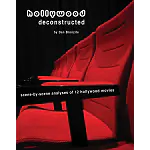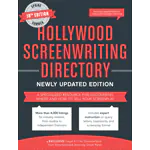Tag: act three
Writing the Perfect Ending
Yep, they can make it – and they can break it! In one fell swoop you have to tie-up any loose ends and satisfy an audience’s expectation. Not an…
What is the Time Frame of Your Screenplay?
When you first get the idea for a story it will probably focus around an interesting character, event, act three plot twist, high concept or thrilling action sequence, but…



